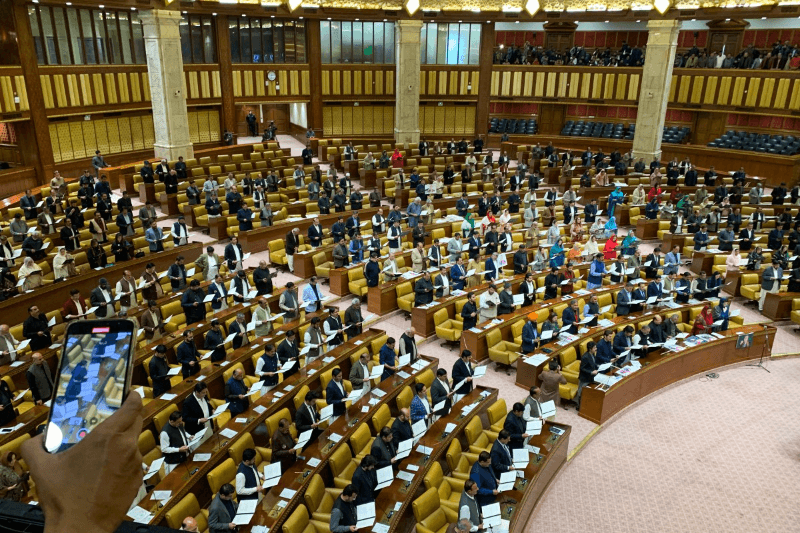
new-defamation-law-causes-trouble-in-punjab
A new law about defamation (damaging someone’s reputation) for Punjab has officially become a real law. This happened after the acting Governor of Punjab, Malik Muhammad Ahmad Khan, signed and approved the bill (proposed law). This new law has faced a lot of criticism and backlash from journalists, digital rights activists, and human rights groups.
The Punjab Assembly had previously voted to pass this proposed law on May 20th, despite loud protests from the opposition (opposing political parties) and criticism from various organizations. The process of getting this proposed law passed into an actual law has been very controversial, with accusations of deception (misleading or cheating) and lack of transparency (openness).
Governor’s Absence Allowed Acting Governor to Approve
The current regular Governor of Punjab, Sardar Salim Khan, had gone on leave, which allowed Malik Muhammad Ahmad Khan to step in as the acting governor. This absence of the regular governor enabled the acting governor to sign and approve the controversial bill into law.
Lahore Press Club President Arshad Ansari strongly criticized this move. He accused the Pakistan Peoples Party (PPP) of tricking journalists. “The acting governor approved the new law by sending the regular Punjab governor away, as part of a planned scheme,” Ansari said. He claimed there was a well-planned strategy to avoid consultations and push the law through quickly.
Concerns About Free Speech and Criticism
Critics argue that the new defamation law is an attempt to limit free speech and prevent criticism of those in power. Farieha Aziz, co-founder of Bolo Bhi, an organization focused on digital rights, insisted that the law must be challenged or opposed.
“The new Defamation Law has been introduced to give special privileges to the ruling elite and control all criticism through heavy fines. It favors those making claims, without proper recourse for defendants, which goes against principles of fairness,” Aziz stated.
She warned that the law would create a climate of fear and lead to selective targeting of individuals who criticize the government or those in power.
Legal Challenges and Opposition
The new law is already facing legal challenges, with petitions filed in the Lahore High Court by journalist Jaffar Ahmad Yar and citizen Raja Riaz. The petitions argue that the defamation law is unconstitutional and violates basic rights, including freedom of expression.
The opposition parties have also voiced their concerns, calling the law harsh and an attempt to control the media. They argue that the law was introduced hastily without proper consultation with stakeholders, including journalists and media organizations.
What the New Law Does
The new defamation law introduces several controversial provisions, including the creation of special tribunals to hear defamation cases. These tribunals are required to decide cases within six months, raising concerns about rushed judgments and lack of due process.
Furthermore, the law applies to fake news and content shared on social media platforms and YouTube, potentially allowing censorship and limiting online freedom of expression.
Impacts on Free Speech and Press
Critics warn that the new defamation law could seriously undermine freedom of speech and press in Punjab. They argue that the law could be used to silence critical voices and discourage investigative journalism, ultimately undermining the principles of a free and democratic society.
As the law faces legal challenges and public scrutiny, the battle for media freedom and the protection of civil liberties in Punjab continues. The outcome of this controversial law will have profound impacts on the future of free expression and the ability of citizens to hold those in power accountable.



